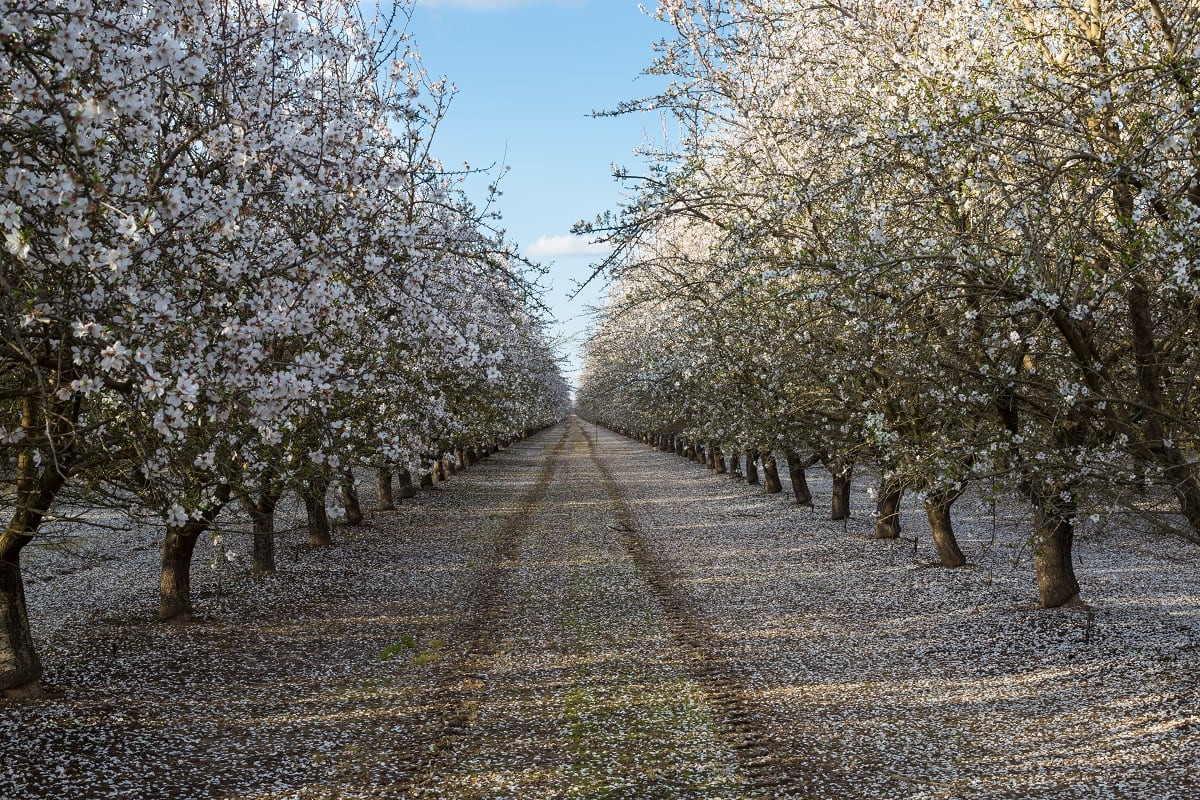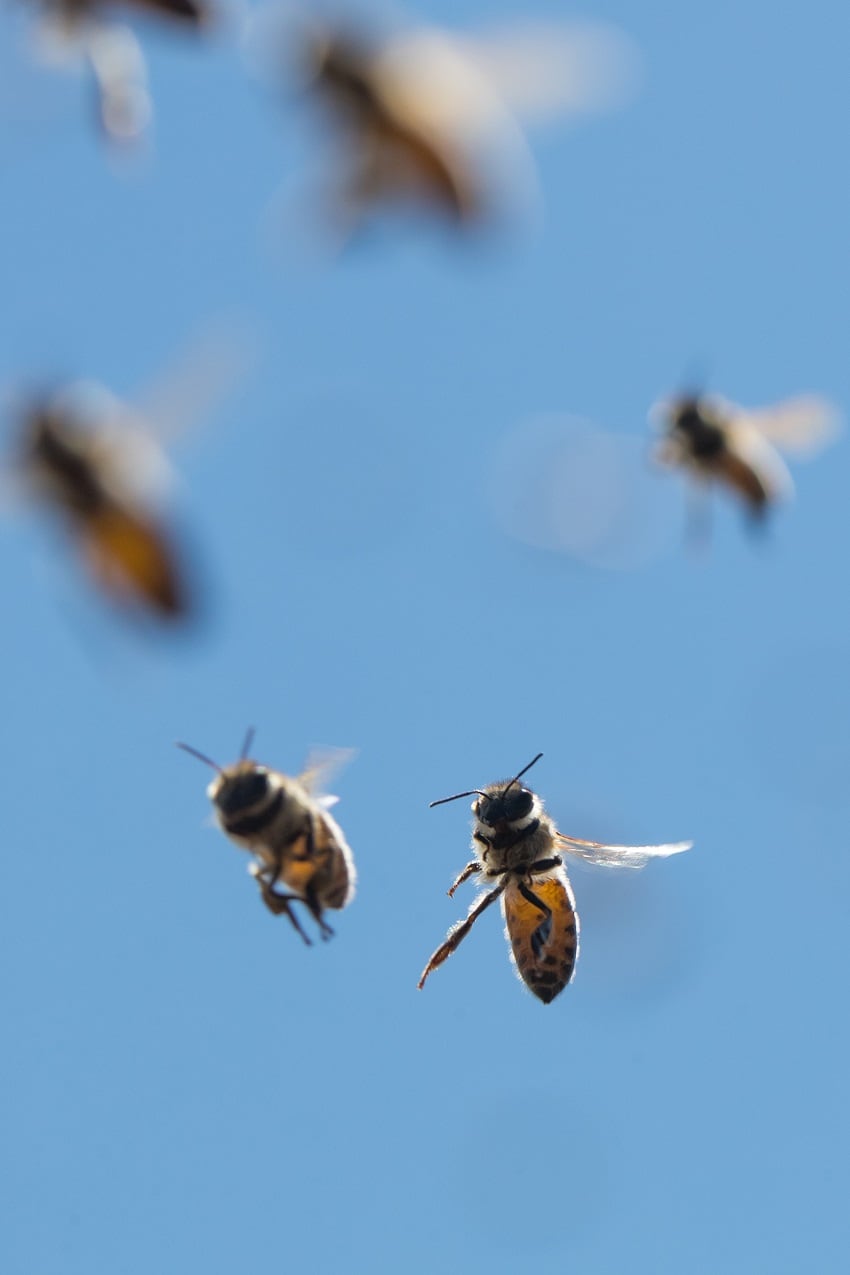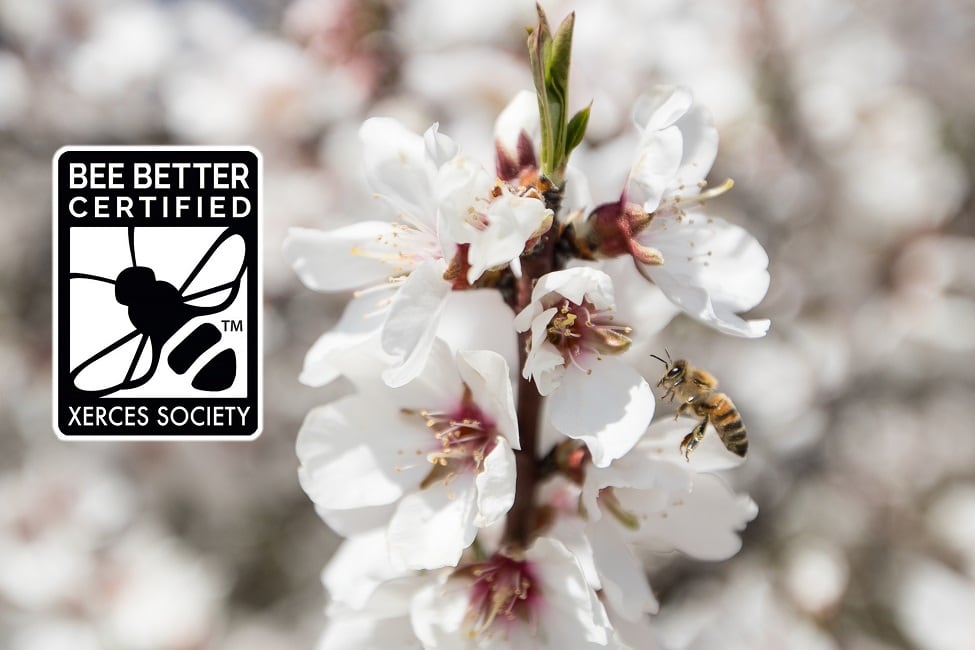"We need bees," states The Xerces Society on its website.
Without a healthy, thriving population of bees and other pollinating insect species, many of the world's most popular foods (e.g. almonds, coconuts, apples, blueberries, carrots, citrus, soybeans) are put at risk. About one-third of the food we eat depends on pollination from insects (honey bees, native bees, beetles, butterflies, flies, moths, and wasps), yet pollinator populations have been in state of decline over the past decade dude to habitat loss, disease, pesticide use, and climate change, notes Xerces.
Beginning around 2016, beekeepers started reporting above-average bee deaths, a phenomenon dubbed the 'colony collapse disorder' at the time. More than ten years later, conditions are looking better for pollinator species due to industry efforts, according to Cady Behles, innovation manager at Häagen‐Dazs, told FoodNavigator-USA.
"There's a lot more awareness and resources put towards it than there was ten years ago," Behles told FoodNavigator-USA.

The Xerces Society developed a comprehensive set of production standards such as creating flower-rich habitat and nesting locations for pollinators The Xerces Society and Häagen‐Dazs have worked together to engage almond growers throughout California over the past four years or so to implement bee-friendly habitats. In 2016, Häagen‐Dazs installed a 6.5‐mile flowering permanent hedgerow at its almond supplier’s farm, creating a year‐round habitat for pollinators and other types of wildlife. The ice cream brand has also donate a little over $1m over the past decade to support research and education around the important role bees play in our food supply.
"In addition to the honey bees that pollinate our almond orchards, other wildlife and pollinators such as monarch butterflies and hummingbirds can thrive," noted Behles.

'Bee-friendly' consumer education
While consumers may not immediately think of the welfare of the bees that went into pollinating some of the key ingredients in the food products they eat, Cady Behles, innovation manager at Häagen‐Dazs, believes the broader conversation around sustainability is encouraging consumers to think about the farming practices used to produce the food.
"Consumers care more than ever about where their food is coming from and that it’s grown in a responsible and sustainable manner," Behles said.
About one-third of the Häagen‐Dazs brand's ice cream flavors are bee dependent and the brand will adding the Bee Better Certified seal on the pints of four of its ice cream products containing almonds including vanilla swiss almond, honey salted caramel almond, rocky road pints and vanilla milk chocolate almond bars. Häagen-Dazs uses 1.7 million pounds of almonds annually, all of which are now Xerces Bee Better certified.
"We are Xerces' first large-scale partner in this space. At some point down the line we will expand [the seal] to other flavors," said Behles.
Products displaying the Bee Better Certified seal will begin appear on store shelves at major retailers nationwide beginning in April and May, the beginning of "peak ice cream season," said Behles.




